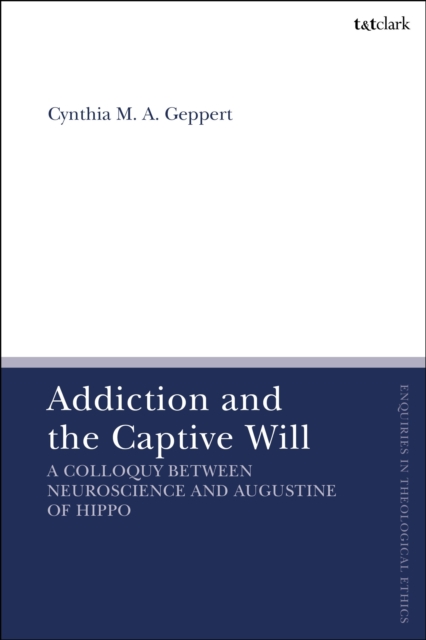
Addiction and the Captive Will : A Colloquy between Neuroscience and Augustine of Hippo Hardback
by Professor Cynthia (University of New Mexico and Albany Medical College, USA) Geppert
Part of the T&T Clark Enquiries in Theological Ethics series
Hardback
Description
Twenty-first century neuroscience has discovered that in some severe cases, addiction may so constrain human freedom that the will is only able to choose to use substances of abuse.
At this advanced stage, substance use has become the primary driver of salience, co-optingand subsuming other moral priorities and human rewards.
Scholars have investigated Aristotle’s concept of akrasia as an ancient mirror of this understanding and there have been some preliminary discussions of Augustine’s concept of the divided will as it bears on addiction.
No detailed and comprehensive exploration of the work of Augustine has yet been undertaken as it relates to three contemporary models of addiction: the choice, learning, and brain disease models.
Augustine’s psychological awareness, his mastery of ancient theological and philosophical thinking, and his enormous and enduring influence on both Catholic and Protestant theology, make him an ideal subject for such research.
This incisive book argues that Augustine’s doctrine of the captive will offers a theological parallel of each of these contemporary models of addiction.
Information
-
Pre-Order
- Format:Hardback
- Pages:280 pages
- Publisher:Bloomsbury Publishing PLC
- Publication Date:27/06/2024
- Category:
- ISBN:9780567713520
Information
-
Pre-Order
- Format:Hardback
- Pages:280 pages
- Publisher:Bloomsbury Publishing PLC
- Publication Date:27/06/2024
- Category:
- ISBN:9780567713520










